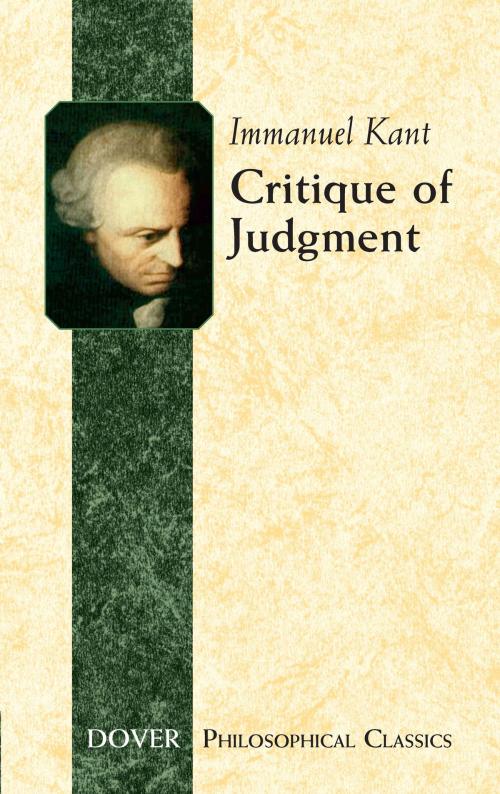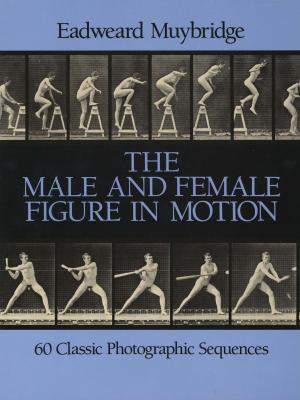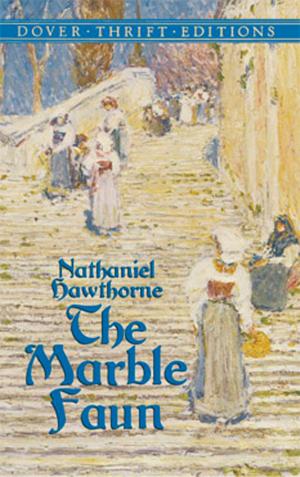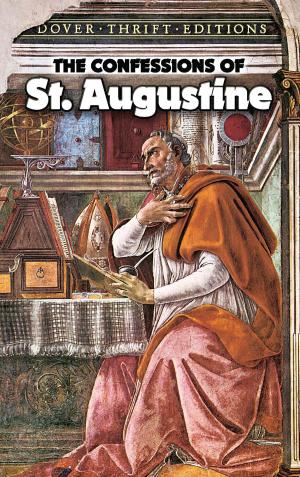| Author: | Immanuel Kant | ISBN: | 9780486122205 |
| Publisher: | Dover Publications | Publication: | June 11, 2012 |
| Imprint: | Dover Publications | Language: | English |
| Author: | Immanuel Kant |
| ISBN: | 9780486122205 |
| Publisher: | Dover Publications |
| Publication: | June 11, 2012 |
| Imprint: | Dover Publications |
| Language: | English |
This 1790 polemic by one of philosophy's most important and influential figures attempts to establish the principles that support the faculty of judgment. Kant's third critique — after Critique of Practical Reason and Critique of Pure Reason — remains one of the most important works on human reason. The Critique of Judgment informs the very basis of modern aesthetics by establishing the almost universally accepted framework for debate of aesthetic issues.
As in his previous critiques, Kant seeks to establish a priori principles. The first part of this work addresses aesthetic sensibility. The human response to specific natural phenomena as beautiful, he asserts, is a recognition of nature's harmonious order that corresponds to a mental need for order. The critique's second half focuses on the apparent teleology in nature's design of organisms. The philosopher declares that the mind is predisposed to find purpose and order in nature, and this predisposition forms the main principle underlying all our judgments. Although this could be interpreted as an argument in favor of a creator, Kant insists that a supernatural dimension or the existence of God cannot be proven — such considerations lie beyond the realm of reason, solely within the province of faith.
This 1790 polemic by one of philosophy's most important and influential figures attempts to establish the principles that support the faculty of judgment. Kant's third critique — after Critique of Practical Reason and Critique of Pure Reason — remains one of the most important works on human reason. The Critique of Judgment informs the very basis of modern aesthetics by establishing the almost universally accepted framework for debate of aesthetic issues.
As in his previous critiques, Kant seeks to establish a priori principles. The first part of this work addresses aesthetic sensibility. The human response to specific natural phenomena as beautiful, he asserts, is a recognition of nature's harmonious order that corresponds to a mental need for order. The critique's second half focuses on the apparent teleology in nature's design of organisms. The philosopher declares that the mind is predisposed to find purpose and order in nature, and this predisposition forms the main principle underlying all our judgments. Although this could be interpreted as an argument in favor of a creator, Kant insists that a supernatural dimension or the existence of God cannot be proven — such considerations lie beyond the realm of reason, solely within the province of faith.















